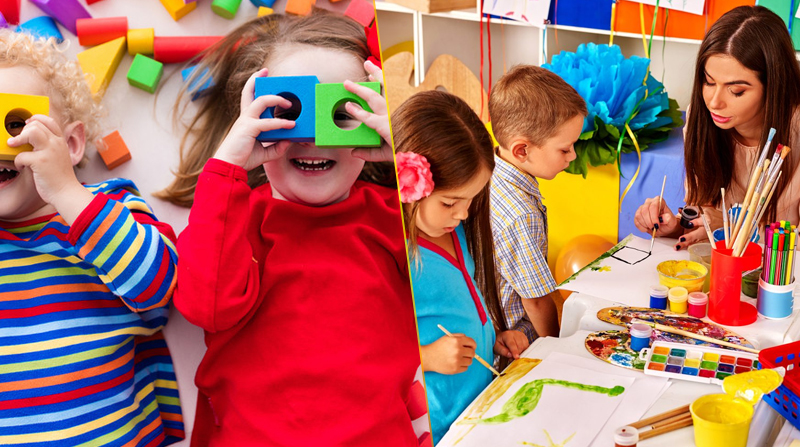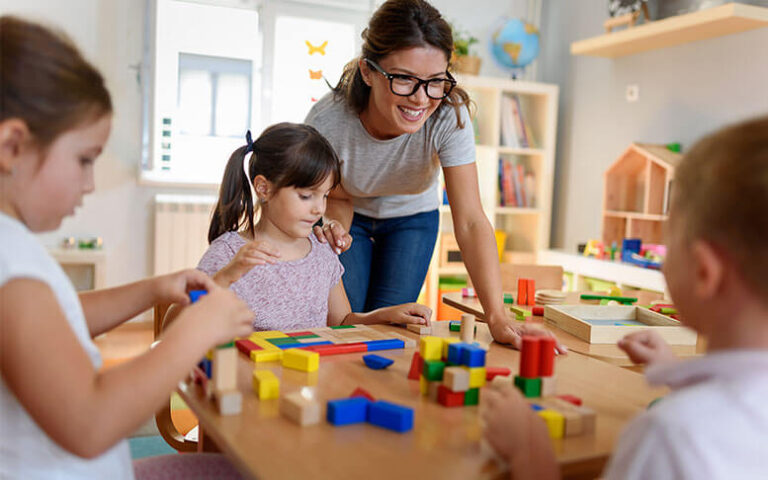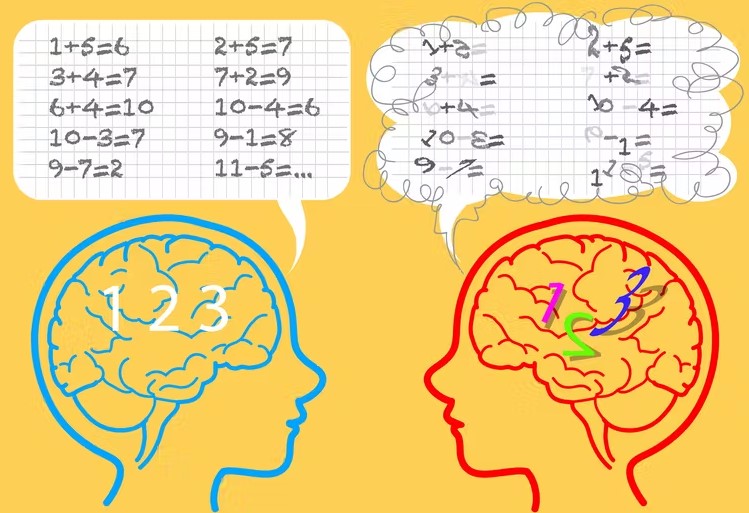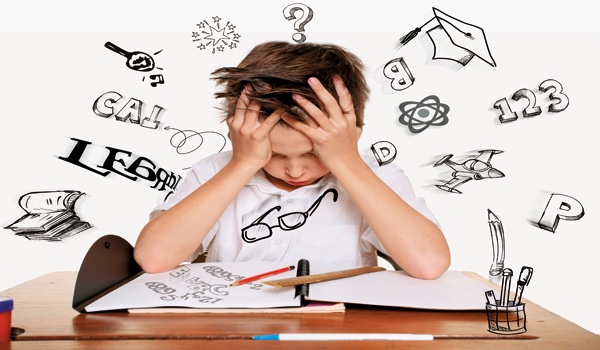
Making children independent isn’t hard. Find out how you can do so by empowering them to make their own decisions, being organized, and a few other tips.
Mommy, mommy, where are my school pair shoes?
It’s some minutes past seven in the morning. Your daughter lazily strolls into the kitchen while you are busy preparing breakfast. You turn and look at her sleepy eyes, and you get the impression she doesn’t like the idea of going to school today.
You can avoid such scenarios by training your child well.
Yes, your child can wake up and prepare to be ready for school.
So, how do you make your child independent?
Teach them to be Organized
Lina Bayazid, an educationist, notes that in most urban set-ups, children have their own bedroom, if not, at least their own space.
Their space may include:
One way to make children independent is to teach them how to be organized. To avoid rushing to your child’s room to look for their shoes, train them on where to keep them.
| Upper deck | School shoes |
| Middle deck | Casual shoes |
| Lower deck | Sports shoes |
Assign them chores
Weekends are great for families to spend time together.
However, weekends are characterized by waking up late and embarking on house chores. These chores can be assigned to children and help train them to become responsible.
Lina recommends activities that wouldn’t require children to expend a lot of their energy should include:
Allow Them to Make Decisions
Children as young as four years old can make their own decisions. The decisions range from:
When children make decisions, most of them are from their simplistic views. They need guidance on why to say yes or no at a basic level.
Here is where the parent comes in. The parent can train the child on why they should sleep and the effects of not sleeping.
If the child can understand why sleeping is essential, then whenever it is time to sleep, based on prior training, they will not resist but oblige, advises Lina.
In that case, as they grow up, they’ll get used to specific times to sleep. When their eyes start to become heavy, they’ll find their way to their room, onto their bed, and eventually, sleep.
Allow them to Fail.
Thomas Edison failed 1000 times before he invented the bulb.
To build self-esteem in the child and foster confidence, Lina advises that a parent needs to desensitize the child from fearing failure. Children should be encouraged to initiate. When they fail, that should not be the end.
Teaching them that failure is part of learning should be encouraged. Hence, they will grow knowing that great things come through failure, as long as they learn from it.
Take-Home
Having spent the last couple of decades understanding the psychology of children, Lina Bayazid reiterates that making children independent is the responsibility of every parent.
Supporting them on simple tasks such as arranging their clothes and shoes or separating their dirty clothes from the clean ones is a basis for their growth.
For more on making children independent, you can tap into Lina Bayazid’s wealth of training on parents and teachers for years on the best practices to follow when teaching children to become independent.







